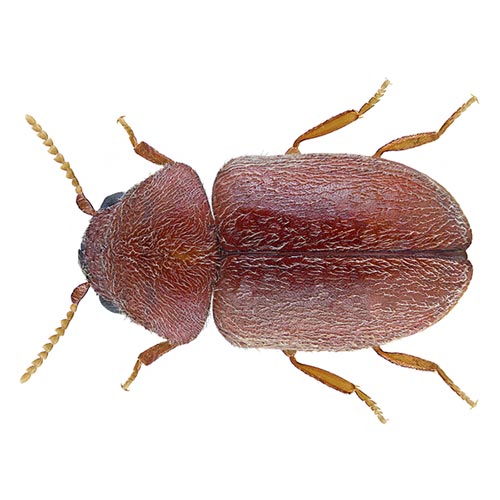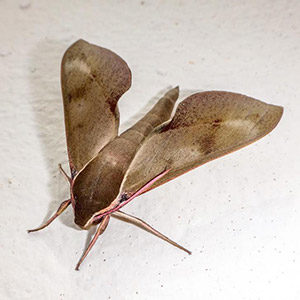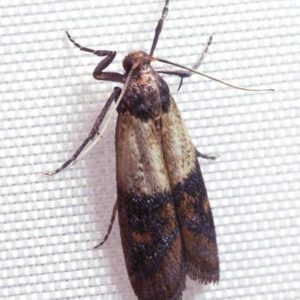Description
| Size | 2 to 3 mm |
| Characteristics | Small, squat beetle; shiny reddish-brown. |
| Legs | 6 |
| Antennae | Yes |
| Wings | Yes |
| Habitat | Known for infesting tobacco products, food storage spaces, and other pantry items. |
| Habits |
|
| Cigarette Beetles in the Pacific North West | Cigarette beetles are a common pest in the United States, and they are known for causing significant destruction to stored food products. These beetles lay their eggs directly on top of dried food items such as cereal, dog food, rice, and tobacco – hence their name. However, cigarette beetles don’t just spoil food items; they also regularly eat through books and other paper products. If cigarette beetles make it into a home, they can be a major pest that is difficult to get rid of. |
| Cigarette Beetle Habitat | Cigarette beetles are active all year long, though they are busiest in late afternoons or on dull, cloudy days. The adults are strong fliers and will infest storage areas or warehouses that contain dried tobacco or other stored food products. Female cigarette beetles lay an average of 30 eggs over a period of 3 weeks, and these eggs are placed directly on top of a food source. In warm and humid climates, these beetles may also fly into homes and feed on items like cereal, flour, and other pantry staples. |
| Cigarette Beetle Behavior, Threats, and Dangers | Though cigarette beetles are not known to be aggressive or transmit disease to humans, their habit of getting into stored food products can make them a major pest. By laying eggs directly into dried food, these beetles are capable of spoiling large amounts of pantry goods in a short amount of time. Cigarette beetles are also known for chewing through books and other paper products. If you are experiencing an outbreak of cigarette beetles on or around your property, a professional beetle exterminator can help you remove the pests quickly. |


